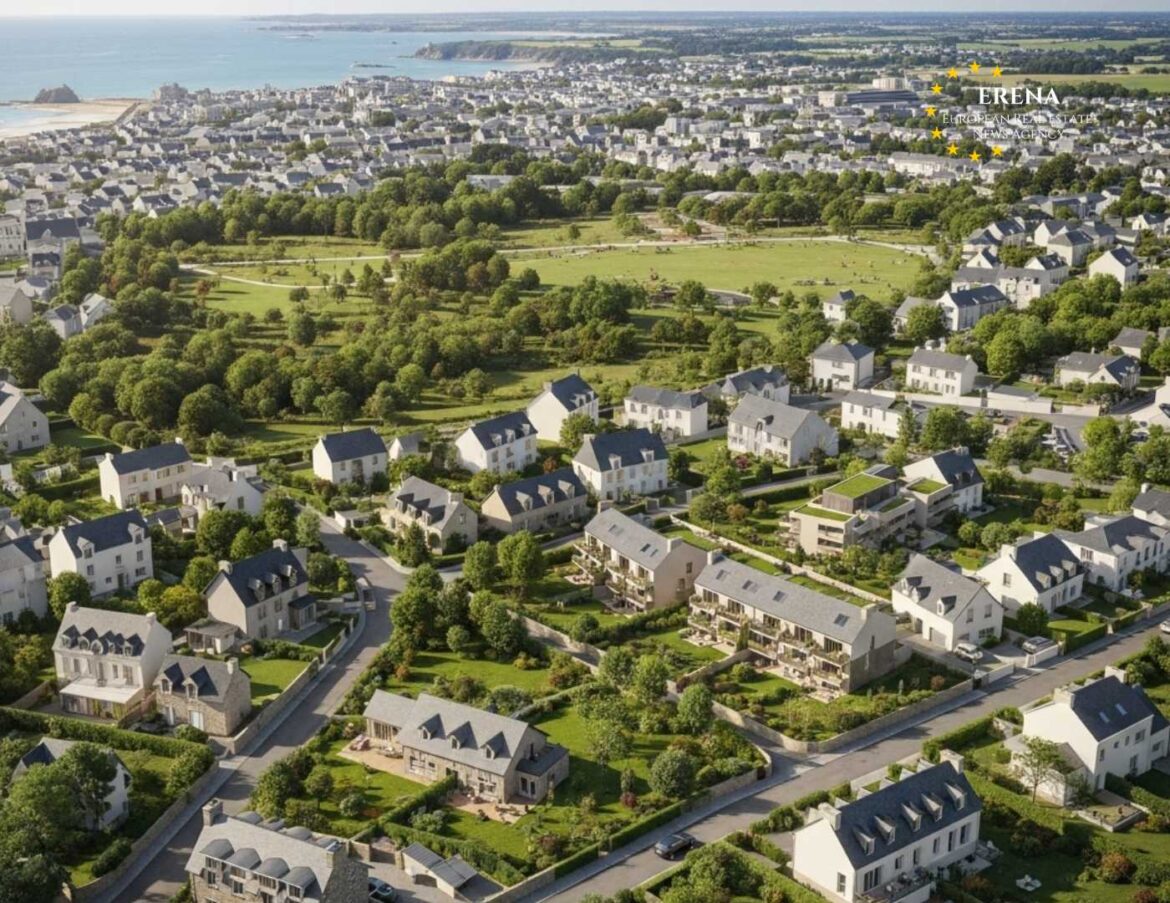The German federal government has confirmed plans to extend and expand its rent control law, known as the Mietpreisbremse. A spokesperson for Federal Justice Minister Stefanie Hubig (SPD) stated on Friday that the measure will not only be prolonged through 2029 but will also cover newer residential buildings constructed up to 2019.
Rent Cap Now Includes Post-2014 Buildings
Until now, the Mietpreisbremse only applied to housing first rented before October 2014. The proposed reform will roll this cutoff forward to October 2019. This means that thousands of apartments built in recent years will now fall under rent control restrictions.
The rent cap limits landlords in designated housing markets from charging more than 10% above the local average rent (ortsübliche Vergleichsmiete) when re-letting an apartment. Previously exempt new buildings will now have to comply with these limits, unless first occupied after October 2019.
Average Rents Continue to Rise in Major Cities
Rent prices in Germany’s largest cities have surged in recent years, fueling pressure for policy action. According to recent market data, average rents per square metre (cold rent) are as follows:
| City | Avg. Rent 2018 (€/m²) | Avg. Rent 2024/25 (€/m²) |
|---|---|---|
| Berlin | 9.10 | 12.20 |
| Munich | 9.30 | 24.30 |
| Hamburg | 10.30 | 15.38 |
| Frankfurt | 8.40 | 17.63 |
| Cologne | 7.10 | 14.54 |
Sources: Immowelt, Engel & Völkers, Statistisches Bundesamt
The rent cap is seen as a counterweight to these trends, especially in cities like Munich and Frankfurt where rents have more than doubled since 2018.
Tenant Groups Welcome, Landlords Protest
Tenant advocacy groups have applauded the reform. Lukas Siebenkotten, president of the German Tenants’ Association (Deutscher Mieterbund), described the move as overdue and essential for protecting affordability. “We welcome the four-year extension and urge the government to implement it without delay,” he said.
Landlord associations and developers, however, warn that the expanded cap could discourage new housing investment. Axel Gedaschko of the GdW housing industry association called the reform a “complete reversal” of earlier policy promises. He cautioned that tightening rent regulation amid high construction costs could threaten future residential supply.
Legislative Timeline and Broader Housing Plans
The Federal Cabinet is expected to review draft legislation before summer. The new rules will allow municipalities to apply rent caps in high-demand areas until at least the end of 2029. Additionally, a commission of housing experts will be convened by late 2026 to evaluate further reforms.
The government has also hinted at complementary measures, including subsidies for social housing, tightening regulation of furnished rentals, and improving eviction protection.
Outlook
With rents still outpacing wages in many cities, the updated Mietpreisbremse could offer short-term relief for tenants—especially those renting newer homes. However, the real test will be whether the new framework strikes a balance between market fairness and construction incentives. The SPD-led Justice Ministry insists that both goals are achievable.
“Renters and landlords need planning certainty,” said a ministry spokesperson. “This reform provides that clarity.”

